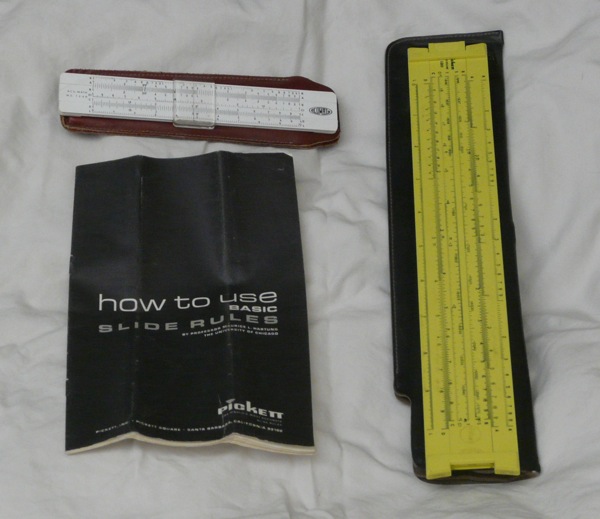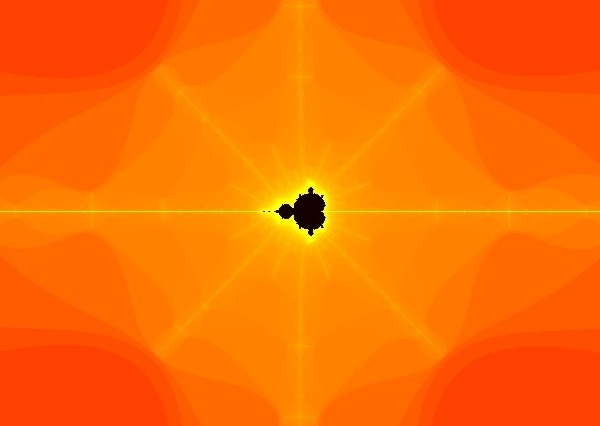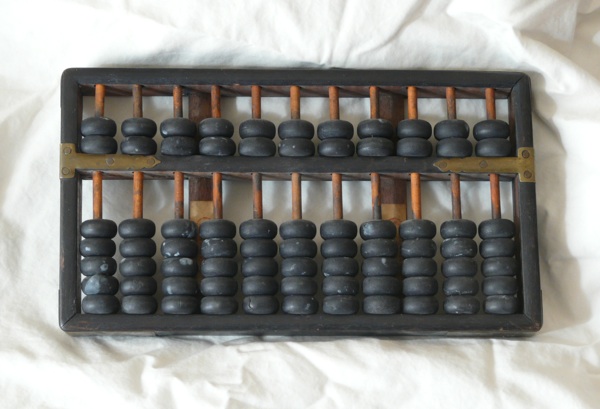-
Recent Posts
Archives
Categories
Meta
Math Worth Reading
The Slide Rule
Arithmetical computations can be tedious and time consuming. Moreover, even simple operations like addition and multiplication can involve a large number of steps, each of which is prone to human error. It makes sense, then, that people would try to create tools that can speed up calculations and reduce the potential for error.
Before the invention of the digital computer, the tool of choice among scientists and engineers was the slide rule. This remarkable device is relatively simple to use (in comparison to the abacus, for instance), and allows for a broader range of mathematical operations, including calculating products and quotients.

Little White Lies
A little inaccuracy sometimes saves a ton of explanation.
—H. H. Munro
I have a confession to make: I lie to my students. Not only that, I do it all of the time. More scandalously, I’m not the only teacher that lies to their students. We might not be surprised to learn this of bad teachers, but even the best teachers often lie. In fact, the best teachers tell the most outrageous lies! Teachers just can’t help themselves—they are compelled to lie to their students.
Vi Hart: Mathemusician
Today, I came across something—or, more appropriately, somone—that I can only describe as extraordinary: the charismatic and charming “mathamusician” Vi Hart. Vi is a musician with an interest in recreational mathematics (i.e. math done for fun). Of special note are her videos on doodling in math class. Not only is her critique of mathematics curricula spot on, she sneaks in some fascinating mathematics. If you teach math, or are interested in math, go have a look.
Is π Wrong?
Several years ago, I came across an interesting article [pdf] by Bob Palais. The basic premise of the article is that the numerical constant π is wrong. Unlike many mathematical cranks, Palais is not arguing that the computed value of π is incorrect. Instead, his thesis is that π is defined in a way that is unnatural and unhelpful. Given that the idea of replacing π with another constant seems to be getting some traction (notably in Michael Hartl’s Tau Manifesto), I thought I might offer my own two cents.
The Abacus
There was a time when I thought I was going to be an archaeologist. In fact, I nearly completed a bachelor’s program in anthropology, and I spent several summers working for the BLM and Forest Service conducting archaeological survey and excavation. While I eventually moved away from the social sciences and into mathematics, I still have an abiding interest in archaeology, and often think like an archaeologist.
For instance, I am fascinated by material culture—I love the various things that people use in order to carry their daily tasks. I think there is value in learning to use tools that are now obsolete, but which were once vital. In this spirit, I recently picked up an abacus.






